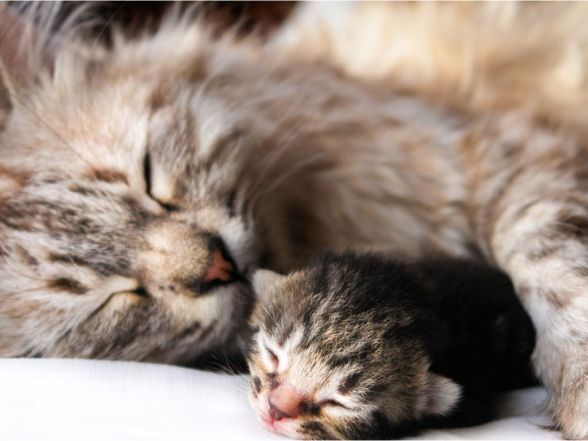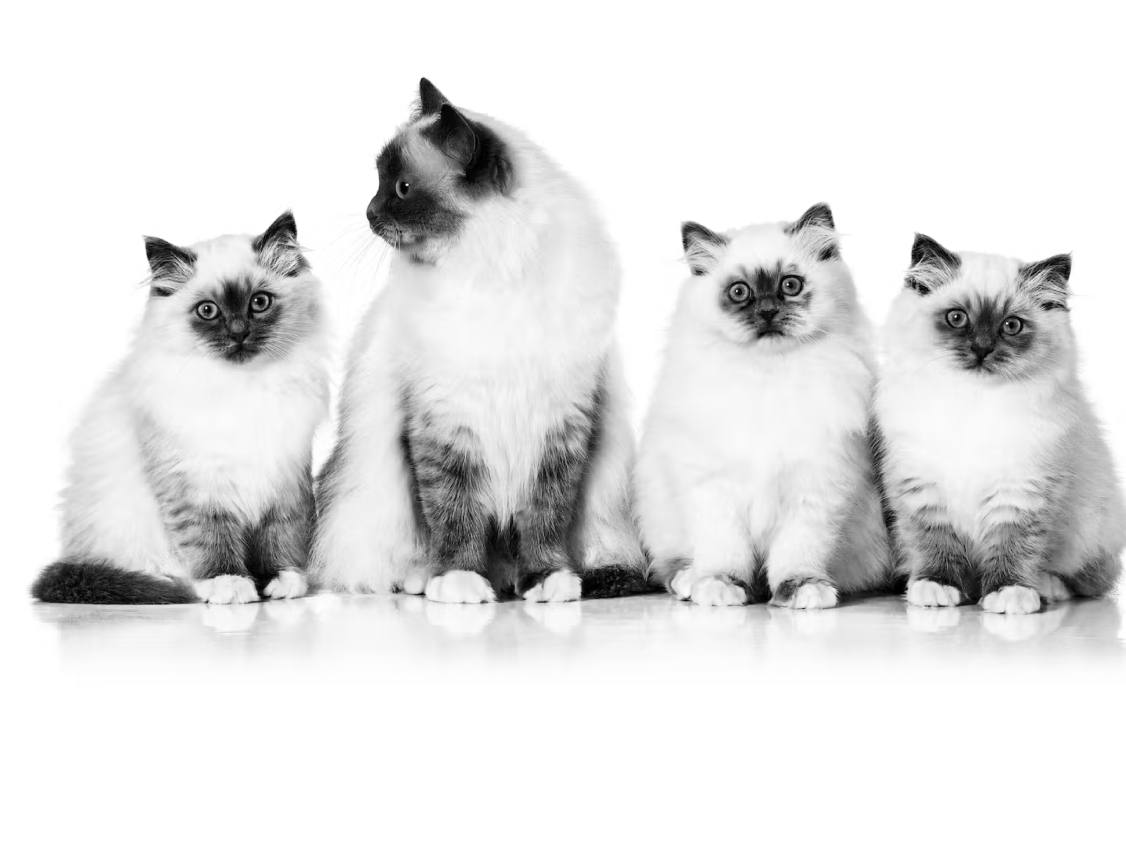Why do cats need vaccines?
Whether you have a new kitten or an adult cat, vaccines play a vital role in preventative healthcare by safeguarding against various potentially life-threatening infectious diseases.
Your cherished feline companion is a valued member of the family and you want only the best for them. Watching your playful kitten or adult cat grow, develop and express their true independent spirits and quirky natures is a joyful experience.
Alongside the nurturing and loving support you give your furry friend, knowing when cats need vaccinations and other veterinary treatments is an important aspect of responsible pet ownership.
Article
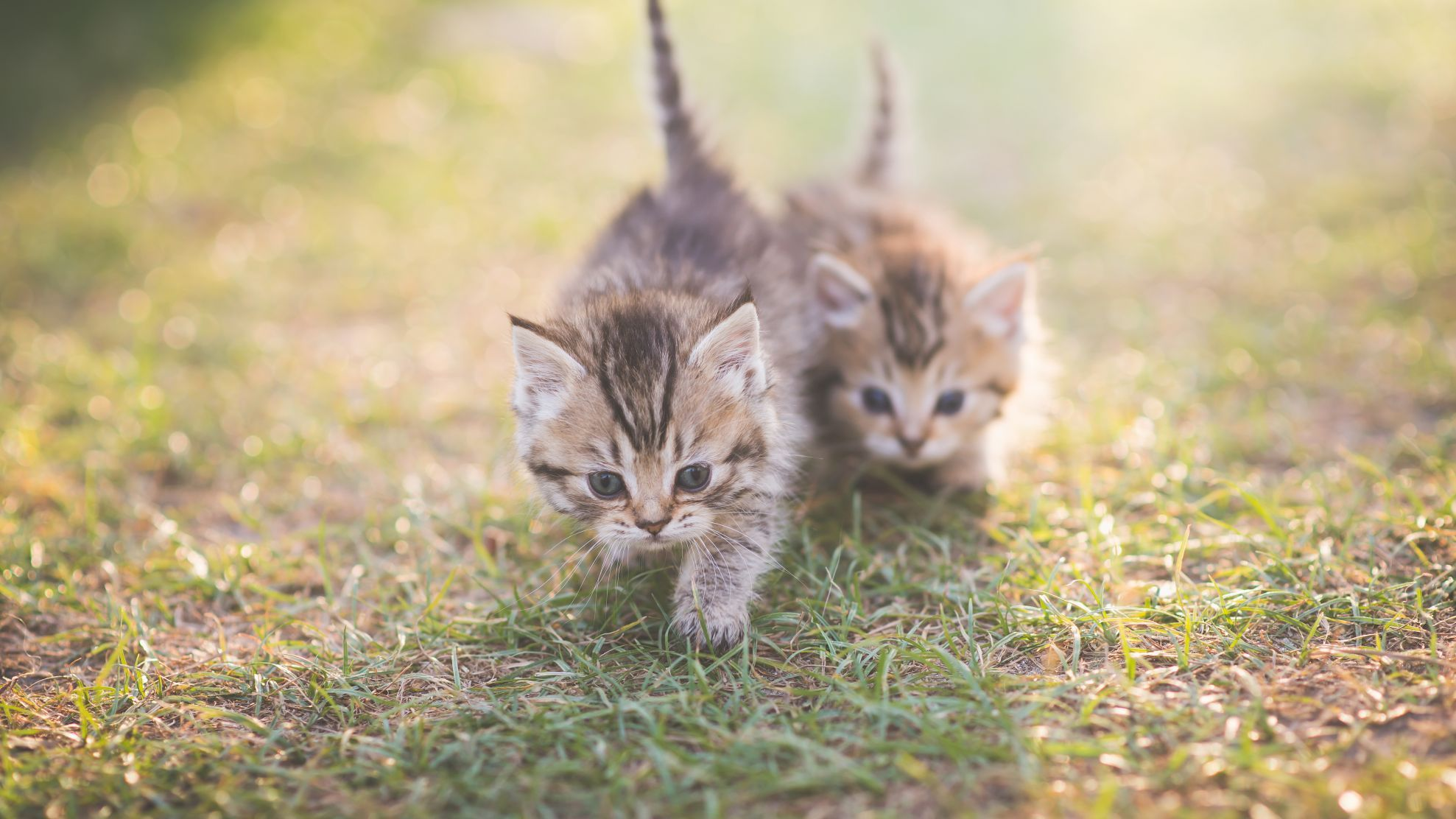
The vital importance of vaccinating your cat
Taking care of your kitten’s health involves a trip to the vet for advice, vaccinations, deworming and more. As a cat lover, you know that routine vet care doesn’t cease when your kitten reaches adulthood. No matter how healthy your feline may seem to be, life-long healthcare is a tremendous gift of caring you can provide to your cat.
Why your cat needs vaccines to stay healthy
Cat vaccinations are essential because they strengthen the immune system against potentially fatal diseases. These vaccinations work by introducing a weakened or killed form of the disease-causing pathogen into your cat's body. This triggers the immune system to recognise the invader and produce antibodies that fight against it.
If your feline friend later comes into contact with the actual disease-causing agent, their immune system will be prepared to respond quickly and effectively, preventing the full-blown illness.
Do indoor cats need vaccines?
If you have an indoor-only cat, you might wonder why it’s still important to vaccinate your cat. While indoor cats may have a lower risk of exposure to certain infectious diseases compared to outdoor cats, they still need vaccinations for several important reasons.
Indoor cats may be exposed to diseases brought in by visitors including other pets or family members who have been in contact with infected animals. Furthermore, some infectious agents can be transmitted through the air, making it possible for indoor cats to be exposed to respiratory diseases even without direct contact with other animals.
Even the most cautious indoor cat can accidentally escape outside. Or you may have to leave your cat at a boarding facility or veterinary hospital. If this happens, your cat may come into contact with other animals, including stray or unvaccinated cats, potentially exposing them to disease.
Vaccinations that fit your cat's lifestyle
The vaccination needs of indoor cats may differ from those of outdoor cats. Consult with your vet to develop a vaccination plan tailored to your cat's specific lifestyle and individual risk factors. Regular veterinary check-ups and vaccinations are essential to maintain the health and well-being of all cats, regardless of their living environment.
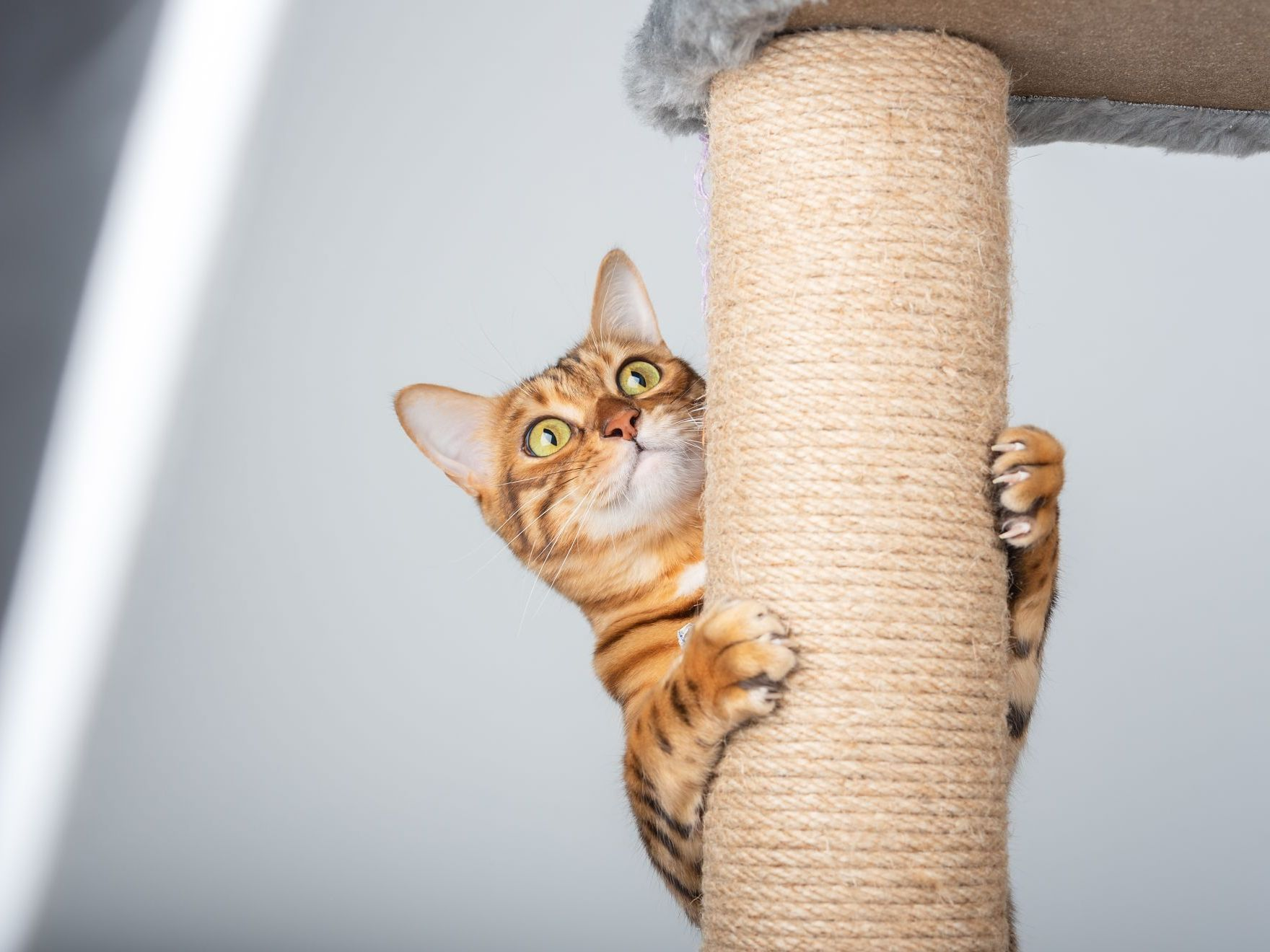
The benefits of vaccinating your cat
As mentioned, the primary advantage of cat vaccinations is the prevention of serious and often fatal diseases affecting your cat. With a reduced risk of contracting these diseases, their overall well-being improves, helping them to lead a longer and healthier life.
Vaccination also has a community benefit by helping to prevent the spread of contagious diseases as well as certain zoonotic diseases like rabies. This helps prevent potential outbreaks in the community, safeguarding not only other pets but also humans.
Finally, preventative vaccination costs are minimal compared to the medical expenses incurred in treating a full-blown disease if your cat happens to fall ill.
Core vaccines for cats: what’s in the shots?
Whether you have an indoor or an outdoor cat, your vet will help you decide on an appropriate vaccination plan for your feline friend. Your cat’s age, health status, lifestyle and potential exposure risks are all factors that need to be considered. However, certain vaccines are considered core vaccinations and are generally recommended for all cats due to their widespread risk.
Also known as feline distemper, this vaccine protects against a highly contagious and potentially fatal viral disease that affects the gastrointestinal and immune systems.
This vaccine guards against feline viral rhinotracheitis – an acute upper respiratory infection. This virus is one of the major causes of cat flu.
FCV is another virus responsible for mild to moderate upper respiratory infections and cat flu in cats.
Rabies is a fatal zoonotic viral disease that affects the nervous system. Rabies can be transmitted to humans.
Non-core vaccines for cats
Non-core vaccinations are optional and are recommended based on a cat's individual risk factors, lifestyle and environment.
The FeLV virus is highly contagious and primarily transmitted through direct contact with an infected cat's saliva or nasal secretions. Cats at a higher risk of exposure, such as those with outdoor access or living in multi-cat households, may benefit from this vaccination.
Chlamydophila felis is a bacteria that causes respiratory infections in cats. This vaccine is often given to cats in multi-cat environments, rescue facilities or where outbreaks have occurred.
The vaccine protects against respiratory infections in cats caused by this bacteria. It may be recommended for cats that will be exposed to high-risk situations, such as boarding or attending cat shows.
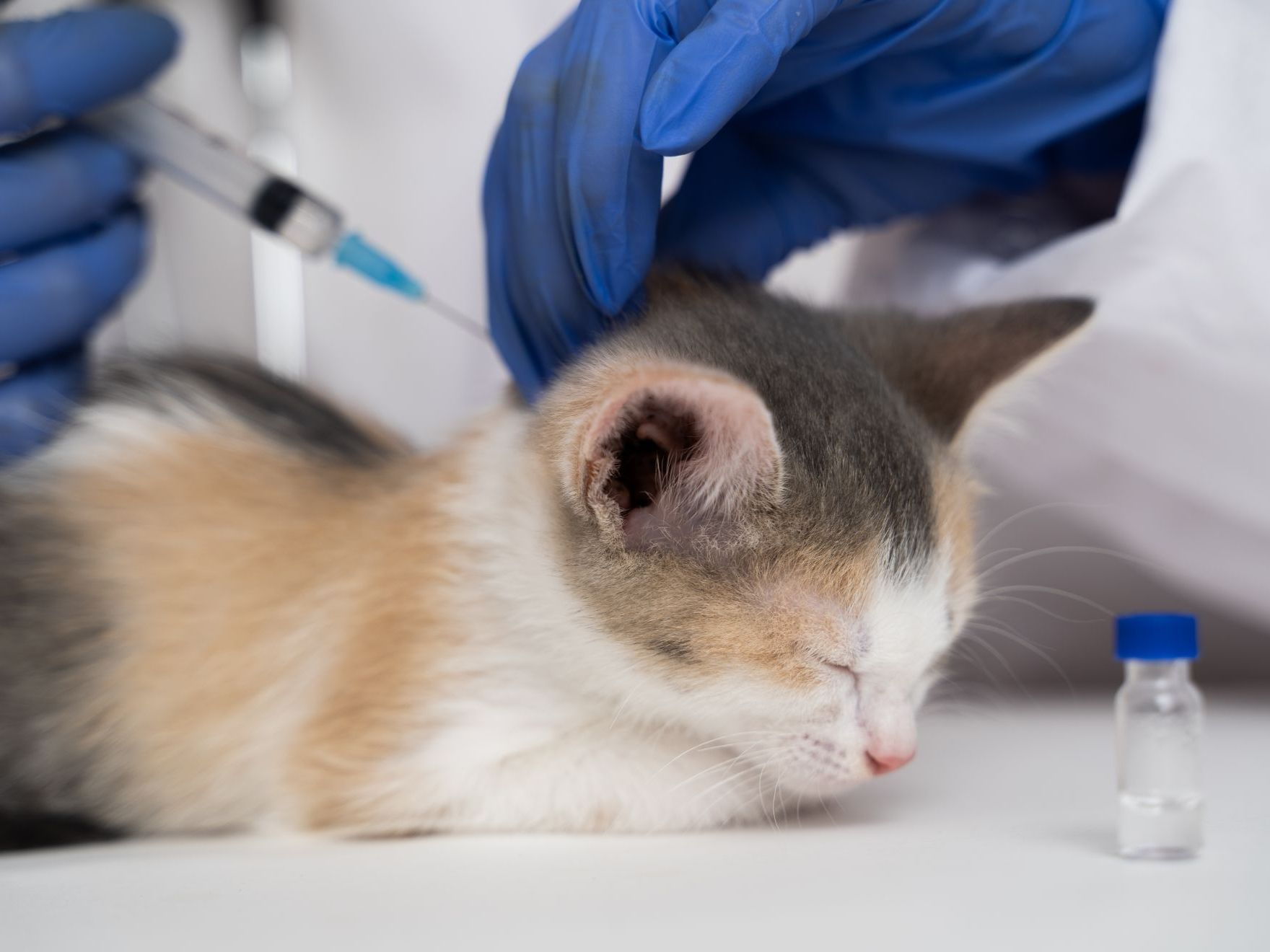
When do cats get their shots?
Kittens typically receive their first core vaccinations at around 6 to 8 weeks of age and require two sets of booster injections, each a month apart.
After the initial kitten vaccinations, booster shots are given annually or when needed, as recommended by your vet, to maintain immunity and ensure continued protection against diseases.
Depending on your cat’s age, health status and lifestyle, your vet may recommend additional non-core vaccines to protect against specific diseases prevalent in certain regions or environments. For example, if your cat is mainly outdoors, an outdoor cat vaccination schedule may include yearly FIV and FeLV injections.
Example of core vaccination schedule for kittens
Panleukopenia, herpesvirus, calicivirus vaccines:
6-8 weeks of age
First vaccination
10-12 weeks of age
Booster or second shot
14-16 weeks of age
Booster or third shot
Rabies vaccination is typically given at 12 to 16 weeks of age but can vary based on local regulations. The next booster is given one year after the initial rabies vaccination.
Example of core vaccination schedule for adult cats
Panleukopenia, herpesvirus and calicivirus vaccines: After the kitten series of vaccinations, a booster shot is usually given at one year of age. Subsequent booster shots are recommended every one to three years depending on the vaccine used and your veterinarian's advice.
Rabies vaccine: After the initial kitten rabies vaccine, a booster shot is usually given one year later. Subsequent booster shots may be required every one to three years, depending on the type of rabies vaccine used.
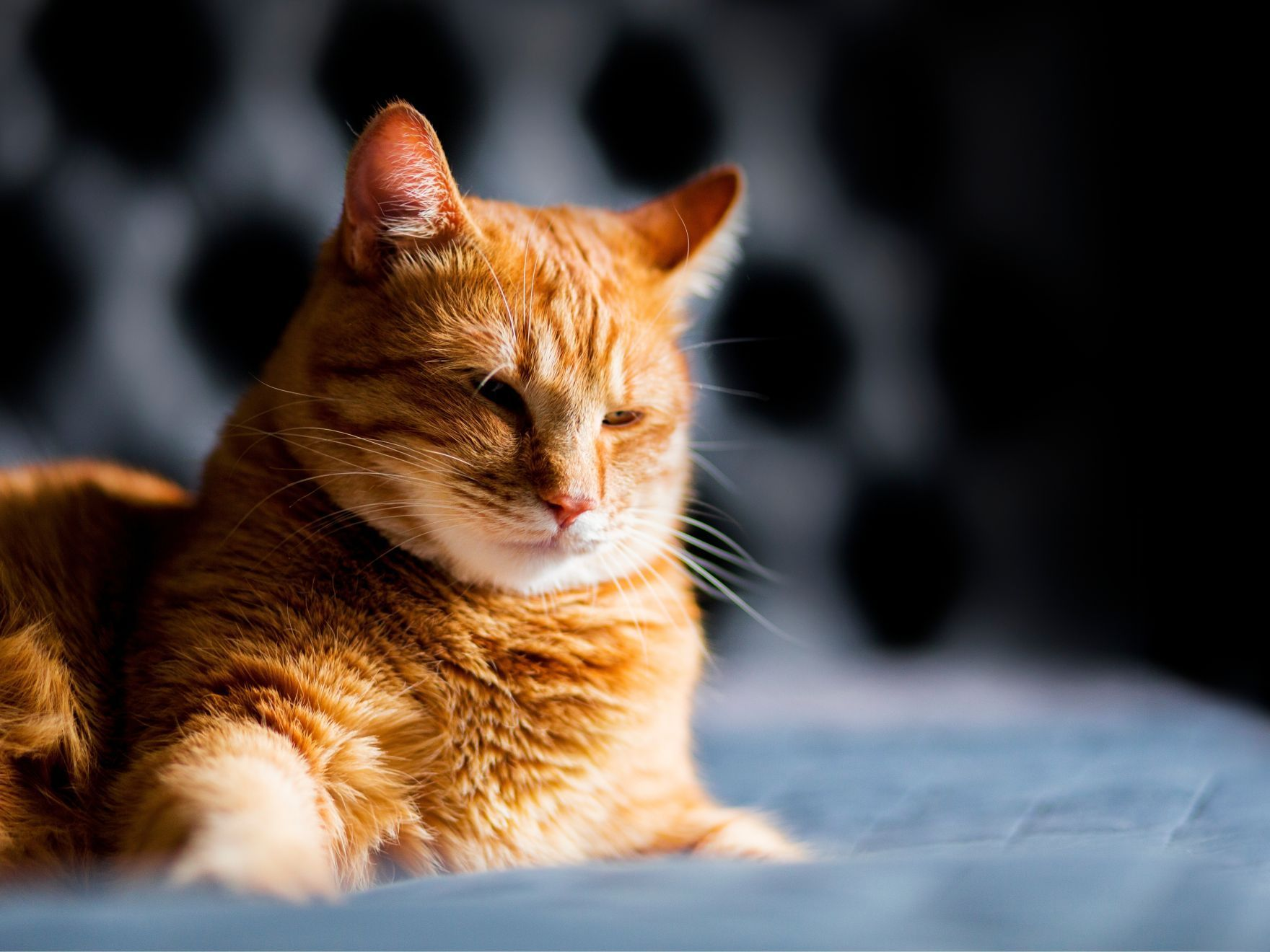
What side effects could your cat experience after vaccination?
While vaccinations are generally safe and effective, like any medical intervention, there is a possibility of vaccine reactions in some cats. Most cat vaccine side effects are mild and temporary, resolving on their own without intervention. But it's a good idea to be aware of these potential reactions and to consult your vet if you observe any unusual symptoms.
Generally, the side effects of vaccines in cats tend to be similar whether they receive the rabies vaccine, distemper vaccine, cat flu vaccine or any of the other core or non-core vaccines.
- Localised swelling and soreness: Mild swelling, redness, or soreness at the injection site is a relatively common reaction and usually resolves on its own.
- Mild fever: Some cats may develop a mild fever shortly after vaccination. This is the body's natural response to the vaccine and is usually self-limiting.
- Lethargy: This is generally a short-term reaction and should resolve within a day or so.
- Decreased appetite: This usually resolves very quickly.
- Sneezing, mild coughing after intranasal vaccines: This is usually self-limiting and will resolve within a day or so.
- Allergic reactions: In rare cases, cats can have allergic reactions to certain vaccine components. Signs of an allergic reaction may include facial swelling, hives and difficulty breathing. Some cats also have vomiting or diarrhoea after receiving a vaccine. Allergic reactions can be serious and require immediate veterinary attention.
- Vaccine-Associated Sarcoma (VAS): This is a rare and aggressive form of cancer that may develop at the site of injection. It is very uncommon but if you notice a persistent lump at the injection site, inform your vet promptly.
Although side effects can occur, the vast majority of cats never experience an adverse reaction to vaccinations.
It's important to note that the benefits of cat vaccinations in preventing serious and potentially life-threatening diseases far outweigh the risks of side effects. However, if you notice any unusual symptoms after vaccination, it's best to contact your veterinarian. They can provide guidance, address your concerns and ensure the on-going health and well-being of your feline friend.
Related Articles
Like & share this page
